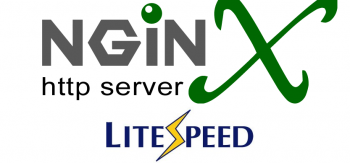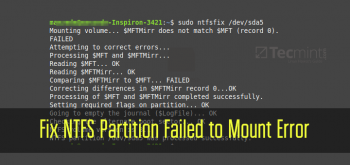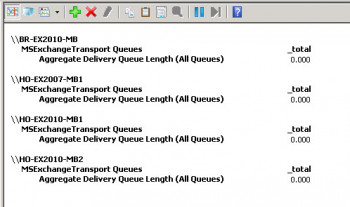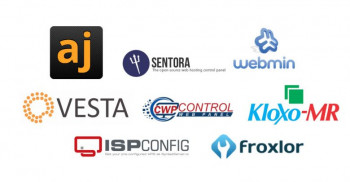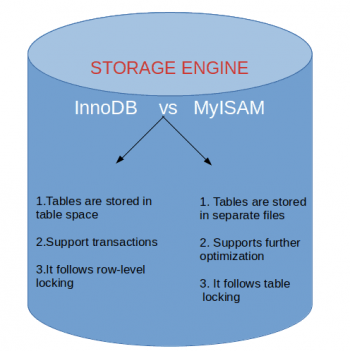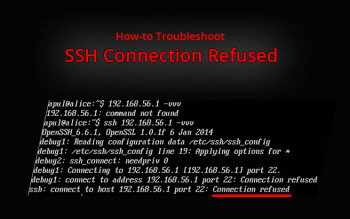Install HyperTerminal on AlmaLinux/Rocky 8
This article covers the process of installing HyperTerminal on AlmaLinux. In fact, Hyper is an open-source fully extensible web-based, electronic-based terminal built on HTML/CSS/JS. It is an application that connects computers to other remote systems. It is a highly customizable lightweight terminal accessible across all platforms.
For additional help or useful information, we recommend you check the official Hyper website.
diff Command in Linux - With examples
This article covers how to compare two text files by the diff command in Linux. In fact, diff command is used to display the differences in the files by comparing the files line by line. It tells us which lines in one file have is to be changed to make the two files identical.
Install ownCloud on Linux Mint 20
This article covers how you can install ownCloud on your Linux Mint 20 machine and use it for creating and using your own file hosting services that can provide you with the functionality of Dropbox and Google Drive.
Mkdir Command in Linux
This article covers how to use the mkdir command with some examples. In fact, The mkdir command in Linux/Unix allows users to create or make new directories. mkdir stands for "make directory". With mkdir, you can also set permissions, create multiple directories (folders) at once, and much more.
Free Command in Linux
This article covers how to use the free command with some examples. In fact, the free command provides information about unused and used memory and swap space on any computer running Linux or another Unix-like operating system.
For more information about free command type in your terminal:
$ man free
Clear apt-cache on Debian 10
This article covers how to clear the cache created by apt in a completely safe way. It is faster and simpler than manually deleting the cache directory. apt (Advanced Packaging Tool) is the package installation and dependency management tool in Debian and other Debian-based distributions. It works on top of 'Dpkg' which is nothing but the Debian package installer.
The way apt installs packages is: it downloads the package for the required software, and additionally it downloads the packages for all the dependencies for the required software.
